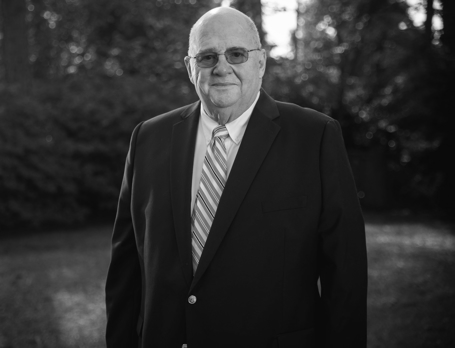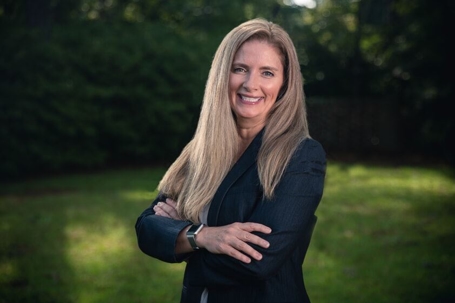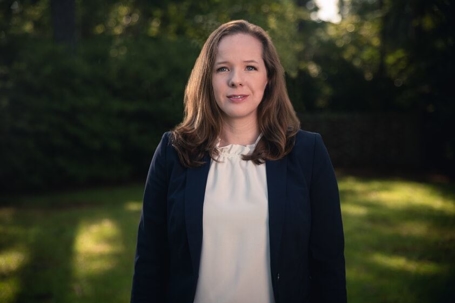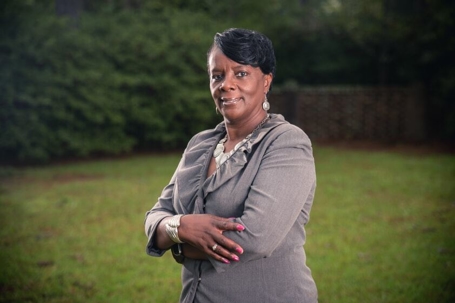
Criminal Law Attorneys in Summerville
Fighting for Our Clients’ Rights in Charleston, Dorchester and Berkeley Counties
You might have been charged with a crime, but that does not mean you are guilty. PMC Law Firm understands the difference. We know criminal charges can have a devastating impact on your family and your future, which is why we are prepared to stand by your side and advocate your rights.
PMC Law Firm is committed to providing the best representation possible to clients in the greater Summerville area who have been charged with criminal offenses. Whether you have a child in trouble for the first time, have been charged with a DUI, or are dealing with an arrest for more serious charges, let our defense team bring our more than 45 years of experience to your case. Our attorneys will work tirelessly to defend your rights, and we have the extensive legal resources you need to build a strong legal strategy.
Criminal Law Cases We Handle
PMC Law Firm currently offers criminal defense representation for the following:
- Drug Crimes
- Juvenile Crimes
- DUI / DWI
- Traffic Violations
- Assault & Battery
- Criminal Domestic Violence
- Burglary / Theft
If you or someone you know has been arrested for a criminal offense, it is imperative that you get legal representation early. Please call us immediately at (800) 914-0620 so we can begin working on your criminal case.
FAQ: Criminal Law
Question #1: What’s the difference between a civil and criminal matter?
A: A civil case occurs between two private parties, the Plaintiff and Defendant. Civil cases generally do not involve jail time or result in a criminal record. These cases often involve one party seeking money damages or injustice relief from the other.
Criminal cases involve the local, state, or federal government prosecuting a party for violating a law. In these cases, the government acts as the prosecutor and the party being charged with the crime is the defendant. Criminal convictions may result in a jail sentence, probations, fines or other penalties. They might also result in participation in a diversion program such as PTI (pre-trial intervention program) or other alternatives such as Drug Court.
There are certain incidents that could result in both a criminal and civil case. For example, an auto accident where the driver is intoxicated or causes the death of another could lead to a criminal charge against the at-fault driver. However, it could also result in the harmed party bringing a civil action against the driver.
Strategies for handling a criminal defense case are very different from bringing a civil matter. If you’ve been accused of a crime, schedule a consult with a qualified defense team immediately to protect your rights.
Question #2: When do I need a criminal defense lawyer?
A: You should consult with an attorney as soon as you know that you are suspected of committing a crime. If you are interrogated or arrested, you should always ask for a lawyer and remain silent until you have representation. Continue to assert your silence throughout any questioning, bail or bond hearings, and detention. Your communications can and will be used against you.
If you have a loved one that has been arrested, promptly get defense counsel for your family member. Please remember that their communications will be recorded, so don’t discuss legal matters with them over the phone.
Question #3: How do I choose the right criminal defense lawyer?
A: If you or a loved one has been accused of a crime, it’s imperative that you do your research and hire an experienced criminal defense attorney. Now is not the time to leave your freedom or reputation on the line by looking for the most inexpensive option. Research attorneys before choosing by looking for the following information:
- What is their training after law school?
- Have they defended other cases like yours?
- How many years of experience does the legal team have?
- What is the lawyer’s reputation with the local prosecutor’s office?
- Do other clients recommend their services?
- Are they available to answer your questions?
Question #4: When can police search my home?
A: Police officers must have a search warrant to search your home. These warrants should detail the specific item(s) and locations to be searched. It’s important to know that there are exceptions to this requirement. An officer does not need a warrant under the following conditions:
- If the home-owner gives the officer permission to conduct the search.
- If the officer is invited into the home, they may conduct a plain view search of areas they can see.
- If exigent circumstances exist, the officer may be able to search without a warrant. These are circumstances that require the officer to act immediately. This includes but is not limited to the imminent destruction of evidence, the pursuit of a felon, threat of harm to the officer or others, or prevention of escape.
If you feel your home has been wrongfully searched under the Fourth Amendment, contact a defense attorney immediately.
Question #5: What’s the difference between probation and parole?
A: Both probation and parole are alternatives to jail time. Probation generally occurs before and often in lieu of jail, while parole is the result of an early release. Both require the defendant to be supervised and follow various requirements, rules, and guidelines.



Why Work With PMC Law Firm?
What Sets Us Apart
-
Compassionate Client Care & Fierce Legal Strategies
-
Every Case Gets Its Own Legal Team
-
Former Judicial Experience
-
Over a Century of Combined Legal Experience














